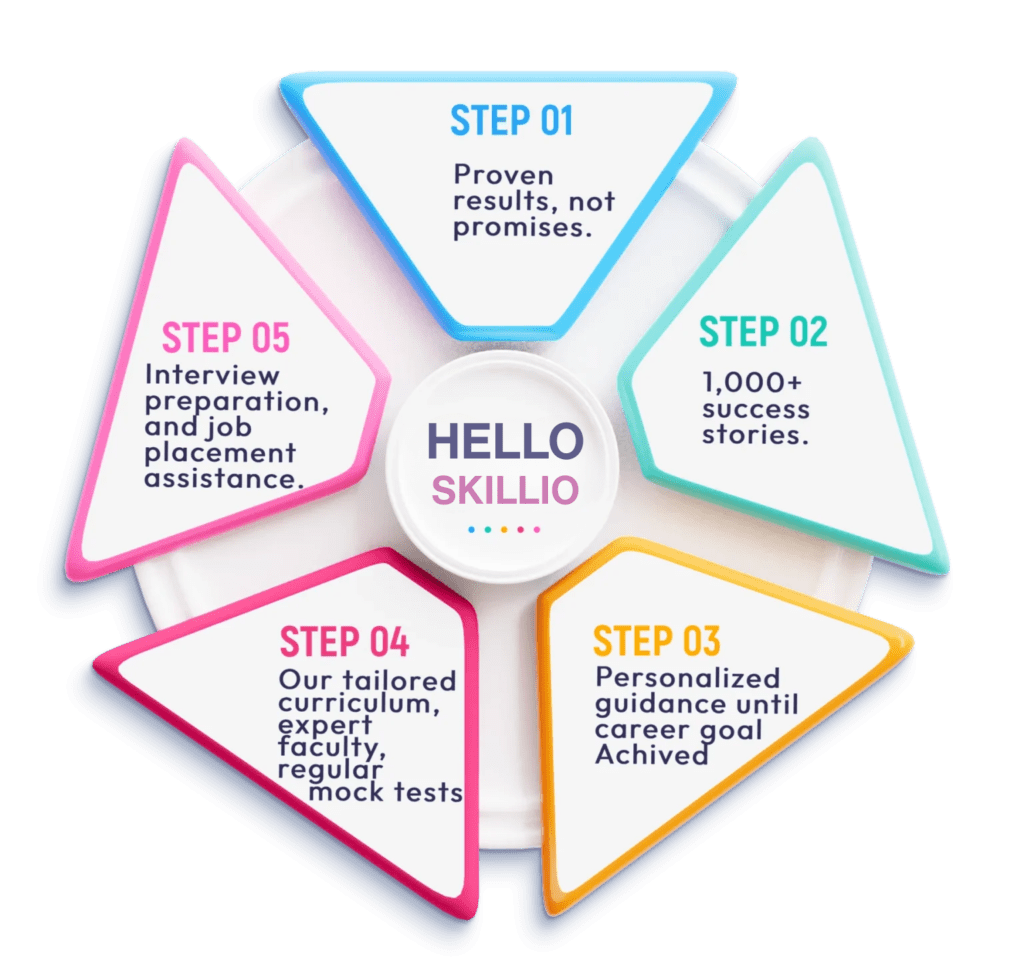Entering the world of technology is exciting, but it also comes with a challenge: bridging the gap between classroom learning and real-world application. Many students enroll in a Full Stack Developer Course in Pune or other IT training programs, but only those who gain practical, hands-on experience with live projects truly stand out in the job market.
Working on live projects while studying helps you apply your theoretical knowledge to real situations, making you job-ready much faster. It’s the difference between just knowing the rules of a game and actually playing it.
In this blog, we’ll explore why live projects matter, how you can start working on them while still learning, and the strategies to make the most of the experience.
Why Are Live Projects Important for Students?
Before jumping into the “how,” let’s first understand why live projects are game-changers.
- Bridges the Gap Between Theory and Practice
Classroom lessons or coding exercises are great for building a foundation, but live projects expose you to actual challenges like debugging, performance optimization, and client requirements. - Builds Confidence in Skills
When you see your code working in a real environment, your confidence grows. You stop doubting your skills and start thinking like a problem-solver. - Enhances Employability
Recruiters today don’t just look for certificates; they want proof that you can deliver. Showing real project experience during interviews puts you ahead of the competition. - Teaches Teamwork and Communication
Live projects often involve collaboration with peers, mentors, or even clients. This helps you develop soft skills—teamwork, communication, and time management—that are equally important in the IT industry. - Portfolio Development
Projects you complete can be showcased on GitHub, LinkedIn, or your personal portfolio. This makes a strong impression on potential employers.
How to Find Live Projects While Learning
If you’re currently pursuing IT training or a Full Stack Developer Course in Pune, here are some ways to get live project exposure:
1. Training Institute Projects
Many good IT training institutes in Pune include live projects as part of their curriculum. These projects simulate industry-level problems, giving you a safe but realistic environment to practice.
2. Internships
Short-term internships are one of the best ways to gain exposure. Even a 1–2 month internship in a startup can provide valuable real-world coding challenges.
3. Open Source Contributions
Websites like GitHub and GitLab host thousands of open-source projects. Beginners can start with small bug fixes, documentation updates, or simple features before progressing to larger tasks.
4. Freelance Projects
Platforms like Upwork or Fiverr allow students to pick small-scale freelance assignments. These may include building landing pages, debugging code, or setting up databases—perfect practice for full-stack skills.
5. College or Community Projects
Collaborate with classmates or local community groups. For example, you could build a website for a small business, a portfolio for a freelancer, or an event registration platform for a college fest.
Tips to Balance Learning and Live Projects
It’s common for students to feel overwhelmed while managing coursework and live projects. Here’s how to strike the right balance:
1. Start Small
Don’t take on a large project at the beginning. Start with manageable modules like creating a login system, setting up APIs, or designing front-end pages.
2. Time Management Is Key
Dedicate specific hours each week for project work. Use tools like Trello or Notion to track tasks and deadlines.
3. Prioritize Learning Over Speed
Live projects are about applying knowledge, not rushing to finish. If you’re stuck, take the time to research and understand the concept before moving forward.
4. Seek Guidance from Mentors
Whether through your software development training in Pune or online communities, mentors can help you avoid common mistakes and learn industry best practices.
5. Collaborate with Peers
Working in teams mirrors the real IT work environment. It also helps you learn faster, as you can share solutions and ideas.
What Kind of Live Projects Can Students Work On?
Depending on your course, you can choose projects that match your skill level. Here are some ideas, especially for students in a Full Stack Developer Course in Pune:
- E-Commerce Website – Includes user authentication, product catalog, shopping cart, and payment integration.
- Blog or Content Management System (CMS) – Focuses on CRUD operations, database management, and responsive design.
- Portfolio Website – Perfect for showcasing your personal work and GitHub contributions.
- Chat Application – Introduces real-time communication and WebSocket implementation.
- Job Portal – Combines front-end UI, backend APIs, and database management.
- Student Management System – Useful for learning role-based access, database design, and reporting.
Mistakes to Avoid While Working on Live Projects
Even the best students can run into problems if they don’t approach live projects correctly. Watch out for these mistakes:
- Copying Code Without Understanding – The goal is learning, not just finishing.
- Ignoring Best Practices – Always focus on clean code, proper documentation, and version control.
- Poor Time Management – Don’t let project deadlines impact your course study plan.
- Not Seeking Feedback – Always get your work reviewed by mentors or peers.
How Live Projects Shape Your Career
When you complete multiple live projects, you achieve three major career benefits:
- Skill Validation – Employers know you can handle real-world problems.
- Stronger Resume – Projects listed on your resume or portfolio instantly make it more appealing.
- Confidence in Interviews – You’ll have actual examples to discuss when asked about problem-solving or teamwork.
Many students who work on live projects during their training often land better roles, whether in web development, software testing, or even data analytics.
Conclusion
Working on live projects while learning is one of the smartest moves you can make to advance your career. Whether you are pursuing a Full Stack Developer Course in Pune, software testing, or any other IT training, real-world project experience will sharpen your skills, improve your confidence, and prepare you for industry challenges.
The IT industry values doers, not just learners. So don’t wait until graduation—start small, take on projects, and build your career step by step.
Read Here: Why Freshers Should Choose a Full Stack Developer Course Training in 2025







